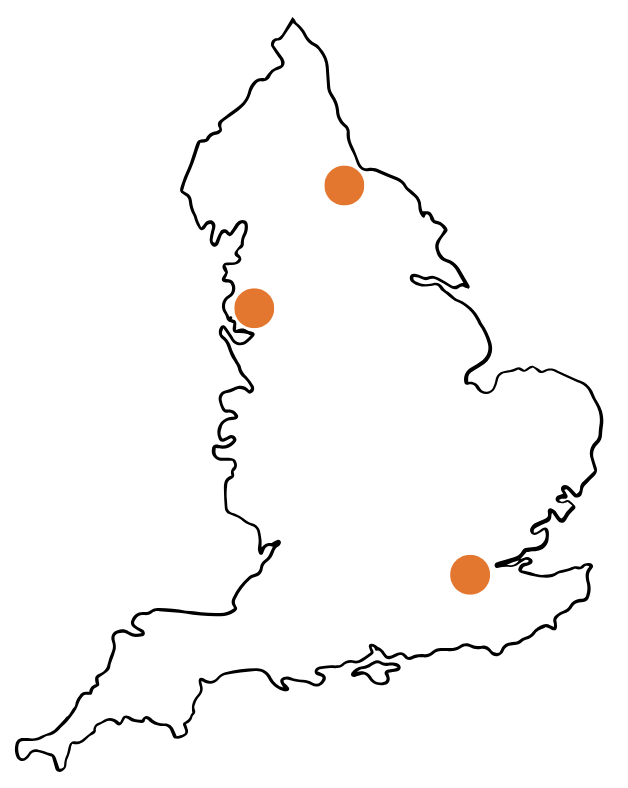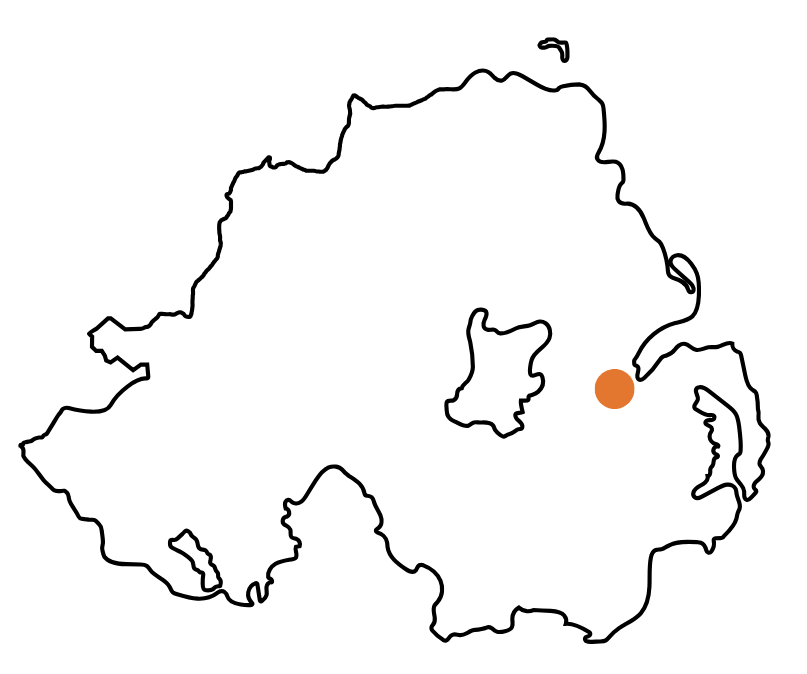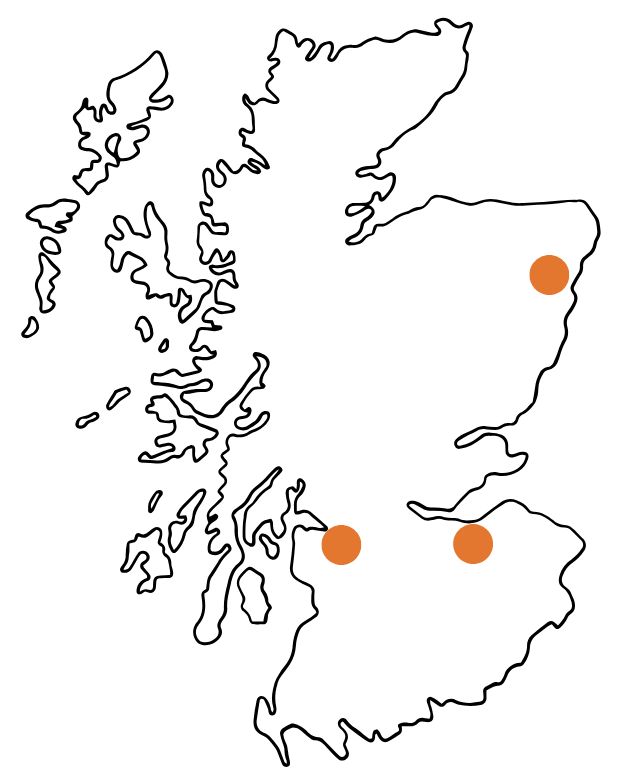

Accessing treatment in the UK
In the United Kingdom, public health provision for treatment of pectus conditions is different across all devolved nations. Because of this, pectus patients may find that depending on which nation they live, only certain types of treatment are available to them. We believe every person living in the UK with a pectus condition deserves equal access to treatment. It is part of our role as a charity to advocate for improvements in the public health system to make treatment more accessible.
Care for pectus deformities is rapidly evolving, with increasing recognition that early diagnosis at a young ages and access to non-surgical treatments is key. This method of treating pectus conditions can prevent the need for surgery, prevent physiological symptoms from developing, and significantly decrease the psychological impact on the patient.
This advice does not include access to private treatment.
If a patient meets NHS England’s criteria, you will be put forward for a National MDT (multi-disciplinary team meeting) where their case will be considered by a group of surgeons and consultants. It is agreed at the MDT whether patients will or won’t qualify for surgery.
If a patient does qualify for surgery on the National MDT, they will receive treatment at one of three national pectus centres:
-
St Barts Hospital, London
-
James Cook University Hospital, Middlesborough
-
Alder Hey Children’s Hospital, Liverpool (paediatric only)
Patients with Pectus Carinatum are excluded from the National MDT and are not eligible for surgical treatment in England.
You can also access surgical treatment for pectus excavatum through the RESTORE trial. The RESTORE trial is a randomised trial of surgery versus no treatment to restore cardiopulmonary function in patients with severe pectus excavatum. The purpose of the study is to see how pectus surgery affects the ability of patients to be physically active. The trial is being ran by South Tees Hospitals, with several participating hospitals across England. As with the National MDT, patients with Pectus Carinatum will not be considered as part of the trial. To find out more about being a part of the RESTORE trial, visit their website:
In England, access to non-surgical devices like the vacuum bell and chest brace is a postcode lottery. NHS England is made up of 215 individual trusts, which each individually make decisions about how and where they spend their money. Some trusts chose to fund non-surgical devices, whereas other do not. You may find that your local NHS trust doesn’t fund the vacuum bell or chest brace and tells you to purchase one privately. If you are unwilling or unable to do this, we are aware of several Trusts which do provide funding, but which may require to travel to access the treatment.
NHS England
Surgery to corrective pectus deformities was decommissioned in 2019. Following outrage and efforts from patients, surgeons and groups like Pectus Matters, NHS England has made some surgical treatment available on the NHS, but access to this is restrictive. Pectus Matters is currently working with NHS England to produce a new pathway for pectus care.
In England, surgical treatment for pectus excavatum is only available to those with “very severe physiological symptoms”. The inclusion criteria for accessing surgical treatment is defined clearly by NHS England here:


NHS Scotland
NHS Scotland runs The Scottish National Chest Wall Service for children and teenagers. This is a Glasgow-based service for patients aged 16 and under that operates out of the Royal Hospital for Children. The Scottish National Chest Wall service uses a multi-disciplinary approach to treatment that includes physios, psychologists, orthotists and cardiothoracic surgeons. The service provides non-invasive treatment options such as dynamic bracing for pectus carinatum, vacuum bell for pectus excavatum and physiotherapy for the management of posture and breathing. Surgical options are reserved for patients where non-invasive treatment is not suitable or no longer appropriate. By prioritising access to non-surgical devices, The Scottish National Chest Wall service has managed to decrease the number of children having to have pectus surgery. Unlike NHS England, NHS Scotland provides surgical treatment to patients with pectus carinatum, failing the success of the chest brace. More information on the service can be found here:
https://www.chestwallservice.scot.nhs.uk
Adult patients in Scotland can request a referral to the Department of Cardiothoracic Surgery at the following hospitals:
-
Golden Jubilee National Hospital (Glasgow)
-
Royal Infirmary of Edinburgh
-
Aberdeen Royal Infirmary
Pectus surgery for adult patients is funded on NHS Scotland and can be offered at all three hospitals. In some cases, patients may be able to access clinical psychology as part of their treatment, if deemed appropriate. Non-surgical treatment, including vacuum bell therapy and dynamic chest bracing, are not publicly funded for adults in Scotland.
NHS Wales
In Wales, surgical treatment for pectus excavatum and pectus carinatum is available on the NHS for the most severe cases. We are unaware of the specific eligibility criteria used in Wales to determine which patients are “the most severe”.
Patients considered eligible will be seen at The University Hospital of Wales in Cardiff, in the Department of Cardiothoracic Surgery.
NHS Wales does not fund access to non-surgical devices for patients with pectus excavatum or pectus carinatum. Patients will be advised to fund these privately, however, follow-up appointments to review progress with the devices can be arranged on the NHS.
HSC Northern Ireland
In Northern Ireland the publicly funded healthcare system is called Health and Social Care (HSC).
Surgical treatment is available in Northern Ireland for patients with pectus excavatum and pectus carinatum. Patients are seen by members of the thoracic team at Royal Victoria Hospital, Belfast. Currently, only the Modified Ravitch procedure is offered in Northern Ireland, as a surgical method of treatment pectus conditions. HSC Northern Ireland does not fund access to non-surgical devices. These are only available privately.



See also
If you live in England and are struggling to get your GP to refer you on for further testing or treatment, we advise that you print off the current referral pathway and take them a copy.
2023 clinical referral pathway for Pectus care


